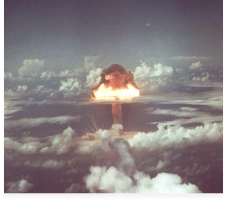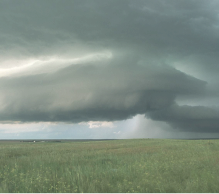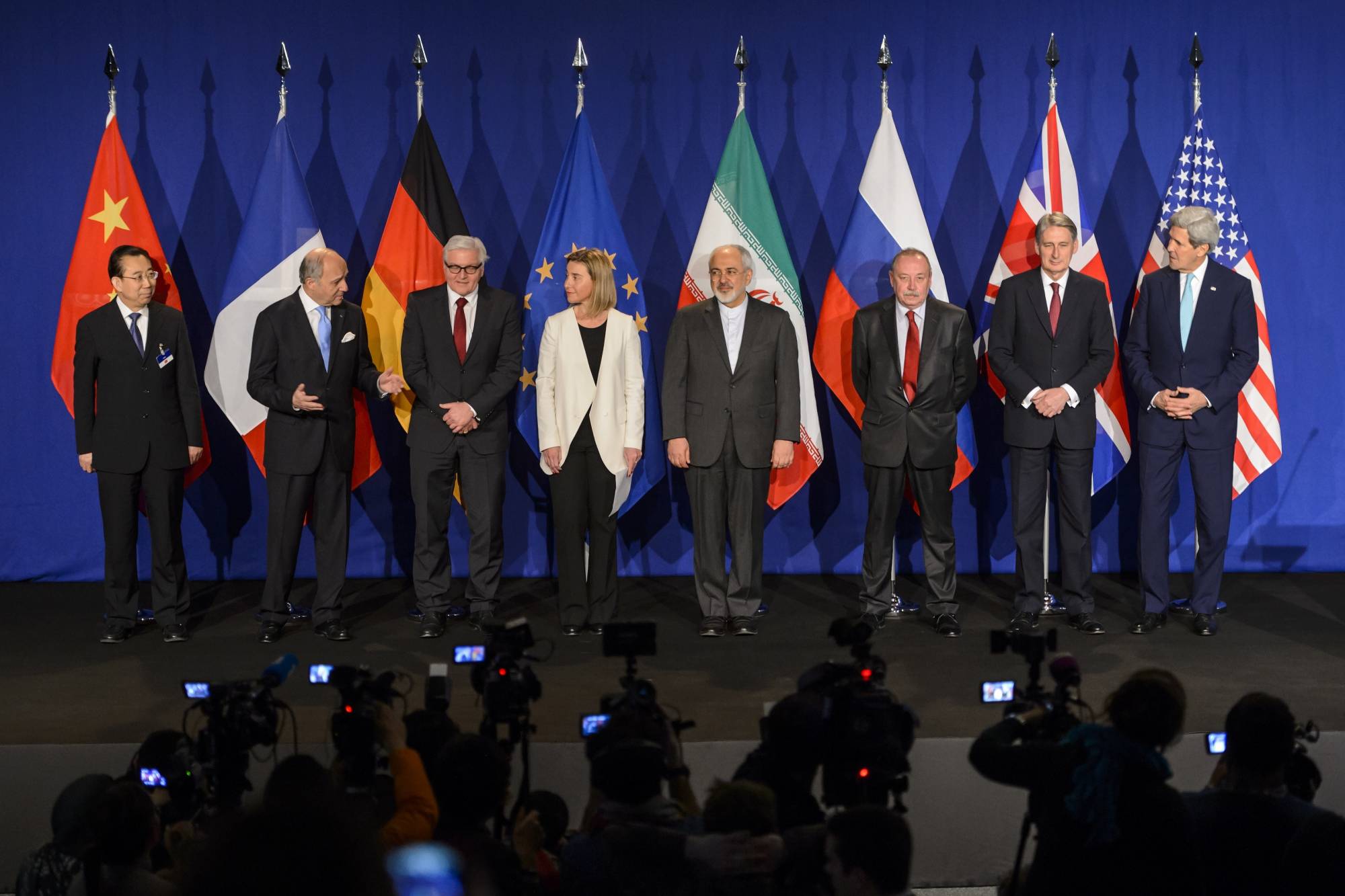Getty Images
Read the Latest
- Revisiting ‘Threads’ – Director and Star Reflect on the 1984 Nuclear Apocalypse TV Movie and Its Enduring Impact
- The Global Axis of Climate Leadership Has Shifted
- America Can’t Do to North Korea What It Just Did to Iran
- Millions of Americans believe they’re safe from wildfires in their cities. New research shows they’re not
- Nuclear weapons woes: Understaffed nuke agency hit by DOGE and safety worries
Educational Resources
- Projects
- Events
- Our Team
- Stories and Resources
- Latest Stories
- Revisiting ‘Threads’ – Director and Star Reflect on the 1984 Nuclear Apocalypse TV Movie and Its Enduring Impact
- The Global Axis of Climate Leadership Has Shifted
- America Can’t Do to North Korea What It Just Did to Iran
- Millions of Americans believe they’re safe from wildfires in their cities. New research shows they’re not
- Nuclear weapons woes: Understaffed nuke agency hit by DOGE and safety worries
- Topics
- Educational Resources
- Newsletter
- Connect



